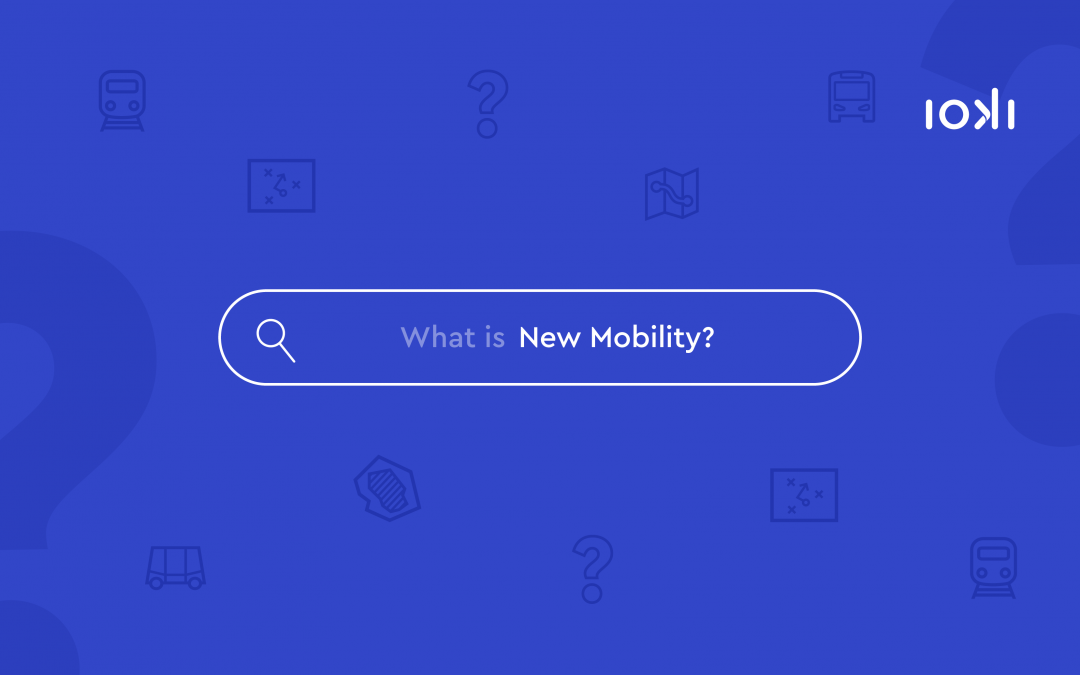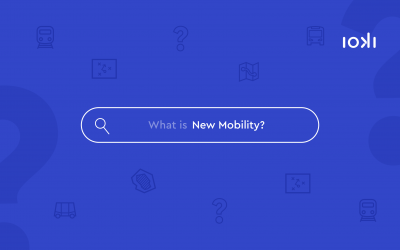The challenge of data use
Multimodal mobility is the combined use of several forms of mobility such as public transport, on-demand shuttles, e-scooters, rental bicycles or other means of transport. For a useful cross-linking of these diverse mobility offers, the infrastructures must be combined in a suitable way in order to be able to create holistic mobility chains. Traffic data plays an important role in this combination. The data was not freely available before the introduction of the Mobility Data Marketplace.
The Mobility Data Regulation as a development booster
Through the introduction of the Mobility Data Regulation now things are changing. The Federal Ministry for Digital and Transport wants to stipulate the obligation of mobility providers to make data available based on the law on the modernisation of passenger transport to:
- enable efficient, safe and sustainable public transport in the future
- monitor compliance with the obligations under the Passenger Transport Act
- and to specify the supply of multimodal travel information services.
Constant development
The extension of the Mobility Data Regulation is already planned by the BMDV. On the 1st of January, the category of static data was added in the Mobility Data Marketplace. On July 1st, dynamic real-time data will follow. This spring, the current platform “Mobility Data Marketplace” will be replaced by the technically advanced, modern and user-friendly “Mobilithek” to simplify the exchange of data in real time. Third parties also have the opportunity to define and develop services to exploit the potential of the collected data from the Mobilithek. At ioki, our mobility analytics experts already use algorithms and data processing to analyse and optimise public transport infrastructures. Always with the primary goal of making mobility accessible for everyone. The Mobility Data Regulation is a good opportunity to strengthen public transport in the long term and to push forward the mobility turnaround.



